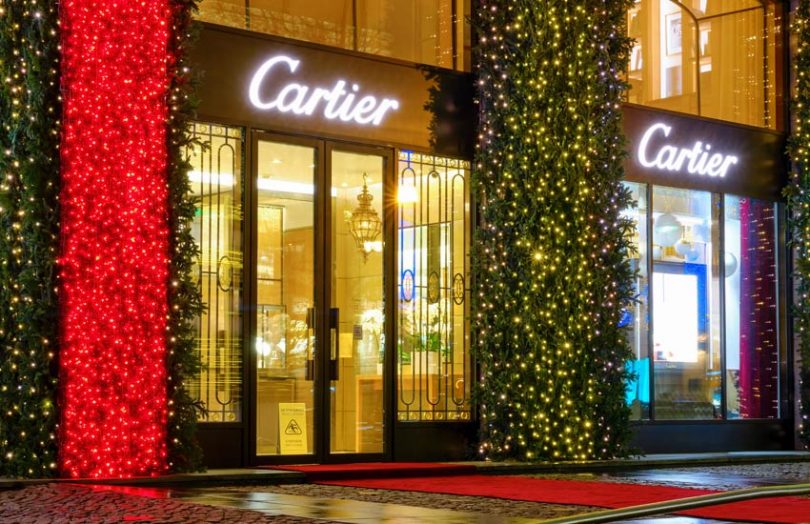Yesterday at the European Blockchain Convention, the blockchain tech lead at Richemont Pedro Lopez-Belmonte, spoke about its blockchain experiences. As the second largest luxury conglomerate in the world, Richemont owns numerous luxury brands, including Cartier, Dunhill, Piaget and online designer stores Net-A-Porter and Yoox. Lopez-Belmonte said that the company made an early bet on public blockchain because it was targeting consumers and wanted to provide transparency.
On the same panel, French supermarket Carrefour noted it was using enterprise blockchain Hyperledger Fabric to provide transparency to consumers via an API. One of the reasons for the selection was the supermarket wanted to be eco-friendly and not use too much energy for blockchain purposes.
Richemont’s Lopez-Belmonte then provided more color. The luxury company started with two proofs of concept. One was with Swisscom blockchain for Panerai watches using Hyperledger Fabric. And the other was with startup Arianee for Vacheron Constantin watches, which uses an Ethereum sidechain linked to the public Ethereum blockchain.
Arianee uses nonfungible tokens (NFTs), not for any digital art, but to provide a digital passport for physical luxury items which prove authenticity and ownership.
While Lopez-Belmonte complimented the Swisscom team for the project they developed, he noted that they were not a startup and they don’t specialize in Richemont’s sector. In contrast, Arianee is a startup focused on the luxury sector and it also built an industry consortium around its solution.
“We learned a lot. We realized in that particular use case, the right way for us to go was the public blockchain,” said Lopez-Belmonte. “First, they’re a bit more agile. Second, you have the value of the consortium, which is very important for us. Otherwise, we would be building our own blockchain or maybe a database.”
We’d also note that Richemont seemed to keep a relatively low profile role which may have helped build the consortium. Apart from Vacheron Constantin, there has been little mention of the luxury company even when Arianee recently announced its seed funding round.
“We created something very good, which was the core of what Arianee is today. Together we helped them build the consortium and the focus of the application,” said Lopez-Belmonte.
“They have been able to bring different players in the industry to the same table. And these conversations with our competitors on this specific use case are enriching.” He elaborated that the benefit was sharing different perspectives around a common objective. Because Arianee is an open-source solution, each consortium member can use the core platform and move in their own direction, whether that’s for specifications or new ideas.
The panel also discussed the need for standards to make blockchains useful. For Richemont, its app uses NFTs and there is an Ethereum NFT standard which was cited as another reason for choosing Ethereum.
“We’re ready to move tomorrow if another blockchain arises that replaces Ethereum as standard or where we see more value for us and for our customers in this use case,” said Lopez-Belmonte. Not discussed during the panel were two newer specialist blockchains that focus on nonfungible tokens, namely Flow and WAX.
And on the topic of collectible NFTs, one of the viewers asked whether Richemont might consider NFT luxury items for games.
“Certainly, it’s in our bucket of ideas. I can’t say whether it will happen sooner, or later, or ever,” said Lopez-Belmonte. That was his official Richemont line. We previously reported that Gucci is interested in NFTs and five brands are apparently talking to startup Neuno.
Lopez-Belmonte then gave his personal opinion that in-game items are a logical way of merging the current use of NFTs as collectibles with the luxury industry’s use for proving ownership. He believes any online game should consider this sort of application. Talking about in-game items and the luxury industry as a whole, he said, “for me, it’s not a question of ‘if’ but a question of ‘when’.”







